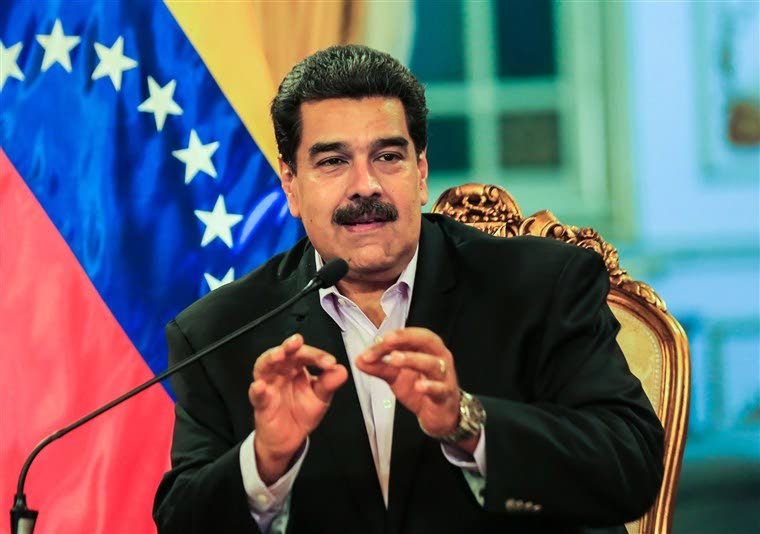Maduro’s grip in doubt

THE POLLS had not yet opened, but Nicolas Maduro was already declaring himself the winner. Before dawn, the Venezuelan president laid a wreath at the tomb of his predecessor, Hugo Chavez, in Caracas and said, “We are heading straight to victory.”
So said, so done. The next day, on July 29, he declared success. The National Electoral Council, stacked with Chavistas, announced he had taken 51.21 per cent of votes to Edmundo Gonzalez Urrutia’s 44.2 per cent. Fireworks sounded over the capital. Lighted drones formed the president’s image in the sky above his palace.
“I am Nicolas Maduro Moros – the re-elected president of the Bolivarian Republic of Venezuela,” he said, as if seeking to convince. “I will defend our democracy, our law and our people.”
But the people have no idea where this victory came from. No one knows where the government got its figures. Exit polls showed a different result. On television, some numbers did not add up.
Opposition leader Maria Corina Machado – for whom Gonzalez was a surrogate – claimed her party had seen receipts from voting machines and had won 6.2 million votes to the incumbent’s 2.7 million.
Unless and until Mr Maduro allows for a transparent process involving the release of detailed results and an independent audit, his future is questionable.
That Venezuela is on a knife-edge is an understatement.
As soon as Mr Maduro declared victory, thousands took to the streets with pots and pans. Cars and rubbish were set ablaze. Posters of him were torn up. Statues of Mr Chavez were toppled.
These protesters, many from areas associated with Chavismo, are not opposition politicians. They are not spies acting on behalf of foreign governments or Juan Guaido.
They are ordinary people fed up with a regime that has presided over the biggest peacetime economic recession in history, despite sitting on the world’s largest oil reserves, and a humanitarian crisis involving the departure of nearly eight million people, thousands of whom have fled to our shores.
Even before polls opened, the process was unsound. Only 69,189 of Venezuelans abroad were allowed to vote. Machado, the winner of her party’s primary in October, was dubiously removed from the ballot. International observers were few and declined to sanction results. Caricom leaders skirted around the validity of the election, except for two – the St Vincent and Dominica prime ministers, who called on the region to recognise Maduro's "victory."
For a long-suffering people, it is more of the same.
December’s “referendum” on the Guyana border issue was seen as a sham. The 2017 election in which Mr Maduro, 61, consolidated his power, too, has long been regarded as a show.
“There is an attempt to impose a fascist and counter-revolutionary coup,” the president decried this week. But he is the one accused of so doing.
Not for nothing is his grip now tenuous. By implication, so too are many of our economic prospects.

Comments
"Maduro’s grip in doubt"